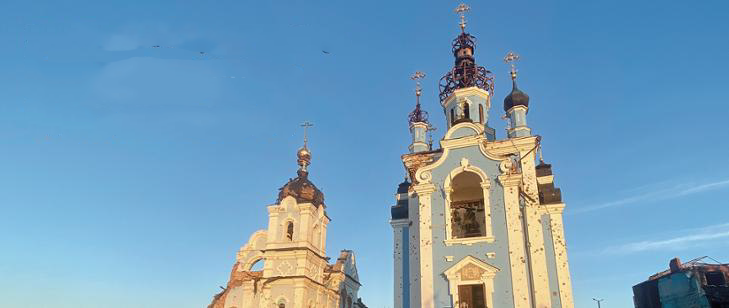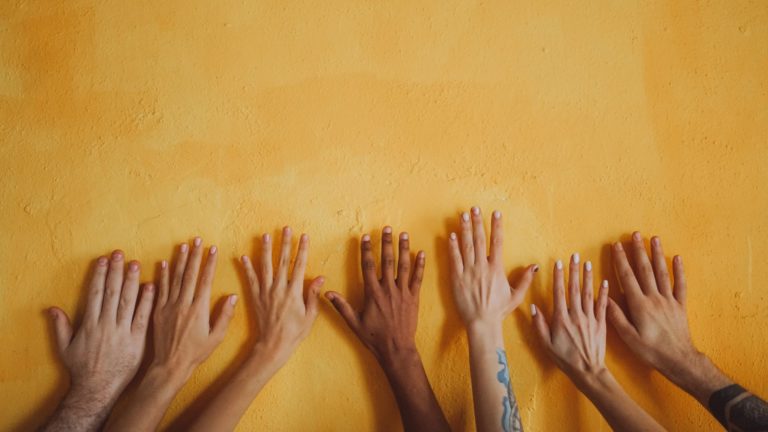Don’t We All Love a Win-Win? Why We Could All Use More Philanthropy in Our Lives
Giving is a decision to invest in our collective future, a healthier, kinder, and more peaceful future where communities are thriving and not just surviving. It is showing support, hope and faith through the acts of others. As we approach the height of the holiday season, this theme of giving is set before us once again, and for some, it becomes tiresome.
Outreached hands, open bowls and longing voices fill our inboxes, call to us on the street, and tug at our heartstrings in advertisements. It can feel overwhelming and, let’s be real, on a certain level even a little annoying. But let’s take a step back for a different perspective on all of this. One simple act of giving can be a great benefit for all involved, not just the receiver. And guess what? It’s contagious.
The word philanthropy is rooted from the Greek, ‘love of humankind.’Jen Shang, the world’s only philanthropic psychologist, views philanthropy as a way for donors to experience human love, which drives them to share it and support others. Although it can feel like quite an altruistic act, did you know that the person who actually benefits most from giving is the giver? We experience greater levels of wellbeing when we feel like our participation makes a difference in the lives of others.
Giving creates value and a deeper sense of self-worth, reducing feelings of depression and isolation. It serves as an extension of the donor’s identity: when we choose where to contribute, we opt for causes that resonate with our core values. We choose what we care about, what we love, what we connect with. So rather than see it as a sacrifice or obligation, it is to some degree a celebration and an offering of a part of our truest selves. And by sharing something of ourselves, we enable others to share their unique talents and skills with those in need.

These “others” are the people receiving and distributing donations. They are the people and organizations we all depend on to do the good deeds that we care about, yet don’t know how to do or where to even start.
And even if we do conquer the how-to and starting points, who has the extra time? How would I help the people suffering through the conflict in Ukraine? How do I even know what they need the most? How do I save all of the elephants being poached in Africa when I cannot travel out of my Seattle suburb? We look to philanthropy for the answers.
We look for the knowledgeable organizations that are doing the work with boots on the ground; to those that know how to implement strategy efficiently and carry-out the logistics to get things done.
These benevolent groups and individuals who dedicate their time and resources to those in need are the precious liaisons who lead and empower not only those receiving medical aid or safe shelter, but also those connecting and aiding the givers, helping them fulfill a sense of well being, belonging and purpose.They empower all of us. They help us to manifest our talents and accomplishments in communities near and far. Our contributions help us leave a legacy.
We are all philanthropic by nature. But it’s also natural that how much love we feel for our fellow humans tends to ebb and flow through time. Yet as the days get shorter and colder and we retreat into our cozy homes with loved ones, the imbalances of the outside world seem more prominent. For whatever cause touches you, know that anything you give will also be a gift to yourself.
And for further motivation, our actions create a chain reaction. When we see others contributing to the greater good, it stirs something inside of us to do the same. As we celebrate all of the lives around us, let’s also remember to not underestimate our own unique power and celebrate our place within the world.
Learn how you can help communities across the world here.
Author: Angela Higley







